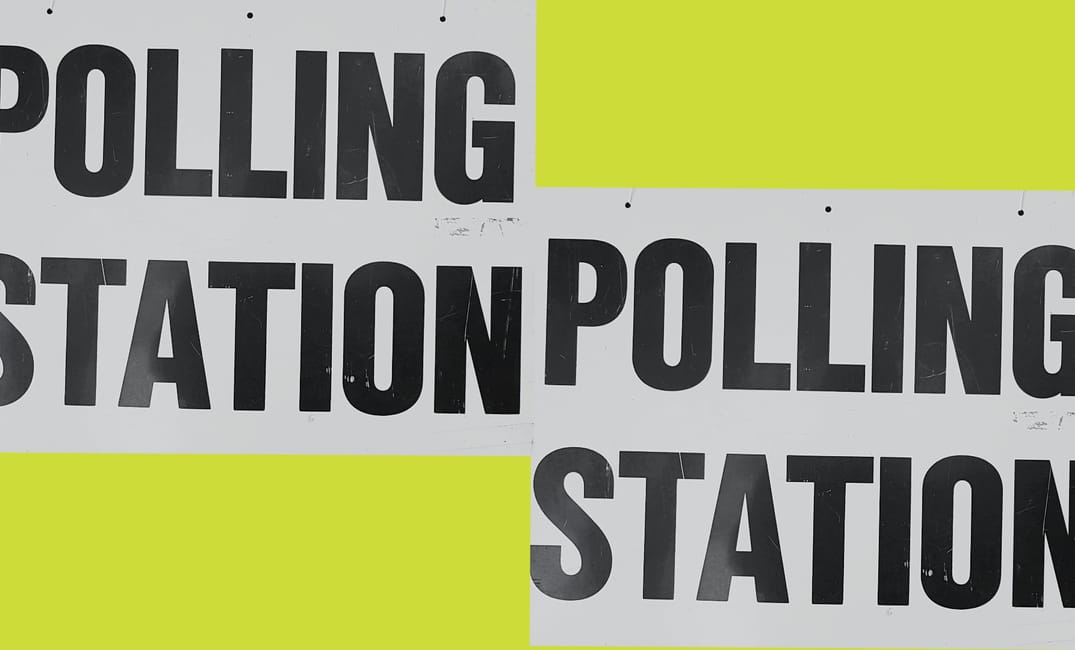It’s fair to say, this election announcement has come out of the blue. Last week, Prime Minister Rishi Sunak announced a UK general election would take place on 4th July, meaning in less than six weeks time we may have a new party in government.
So what do you need to know from now until election day? Read more to find out.
Prorogation of Parliament
Until the 30th May 2024, Parliament has time to wrap up some last bits of business before it is “dissolved”. Sometimes this involves a rush to get through any legislation it can before Parliament is no longer operating, but often this means a lot of legislation never becomes law and gets thrown on the back burner because there is probably not enough time.
Dissolution
All business in the House of Commons comes to a close and every constituency “seat” that is currently being held by an MP is no longer held by that MP anymore. MPs and their staff have to leave Parliament and candidates will likely go back to their constituencies to begin campaigning with their local constituents if they are seeking election again. Government ministers do remain in post however.
Manifestos
At some point during the six week period, political parties will release their manifestos, a document which lays out what they would aim to make into law if they were elected. Some manifestos are “costed” meaning the economic cost of following through with those policies is calculated.
Manifesto commitments are important, as parties should be held to account by the media and the public should they not honour their promises. Naked Politics will be running features covering all major party manifestos to help you understand what each party is offering.
Famously the Liberal Democrats pledged to abolish tuition fees in the 2010 general election, only to enter into a coalition government with the conservative party and agree to tripling them. Liberal Democrat leader Nick Clegg lost his constituency seat of Sheffield Hallam (which had a large population of students) the following general election.
TV debates
Since 2010 TV debates have become a regular feature of general elections, normally involving the leaders of all parties. There are no firm dates currently, however Labour leader Keir Starmer has apparently committed to only two leadership debates during the election campaign.
It has also been reported that some of the smaller parties (liberal democrats, or the green party) may be squeezed out of TV debates in favour of focusing just on the main parties.
Voter registration deadlines
To register to vote online, you need just five minutes and your National Insurance number. You can also download a paper form. If you are unsure whether you are registered you need to contact the electoral services team at your local council to find out if you're registered to vote. If you haven’t turned 18 yet, but will be on or before election day, you can register to vote.
In order to vote, you need to have registered to vote by Tuesday 18 June at 11.59pm. If you intend on doing a postal vote, details for how to do so are here.
If you split your time between two addresses, for example if you're a student, you can register to vote at both addresses as long as they're not both in the same election area. This means if you are unsure at which address you’ll be at you can give yourself the option of voting in either. It also means it may make it easier to vote tactically i.e.. you can vote where your vote may have more impact.
Polling day
Polling day is the day when everyone eligible to casts their vote. Polls are open between 7am and 10pm. You don’t need your polling card, but you are required to bring voter ID with you in order to vote. You can use the follow forms of ID:
- Passport
- driving/provisional license
- Citizen card
- Blue badge
- Some travel cards
- Biometric immigration document
- Ministry of defence ID
- National ID card
- Electoral ID (Northern Ireland)
- Voter authority certificate
If you’re unsure you can find more information on any form of ID on the electoral commission’s website.
You can find out where your local polling station is here. Most people’s polling stations are no more than a 15 minute walk from their home.
Think carefully about who you wish to vote for, remembering to consider things such as their parties’ manifesto promises, your local candidate’s promises with regards to your local area and issues you care about most. If you feel strongly that no candidate on your ballot sheet should get your vote it is still worth going to the polling station and spoiling your ballot, to send a message that you are dissatisfied with all candidates.
Election results
Election results will be announced as each constituency finishes counting its votes. Once polls have closed, an “exit poll” is conducted, which is normally the most effective measure of what the general election result will be. Depending on the results, a clear result may be clear as early as the next day after the election.
If any political party has enough seats to form a majority, their leader will go to the King (the UK head of state) to ask permission to form a government. If no party has a workable majority then discussions between parties will likely take place to agree on forming a coalition government made up of more than one party.
Thanks for reading our article! We know young people’s opinions matter and really appreciate everyone who reads us.
Give us a follow on Instagram and TikTok to stay up to date with what young people think.

